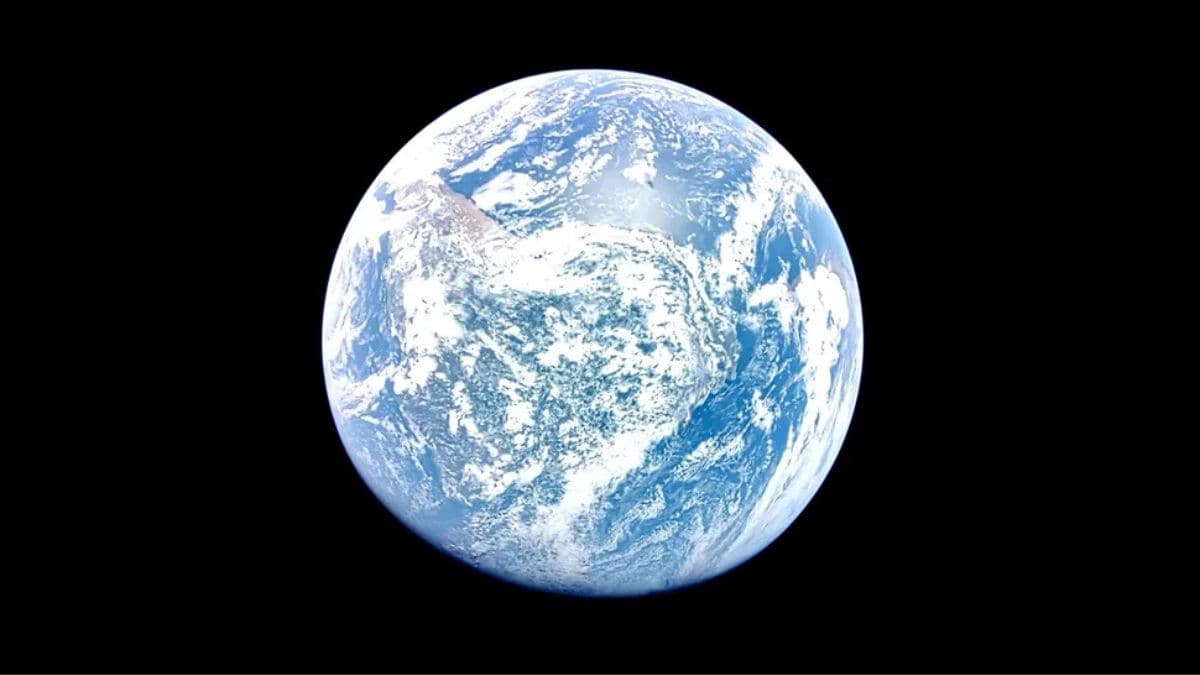India’s space agency expects a 20 percent-30 percent increase in its budget in the coming years, its head said in a Reuters NEXT Newsmaker interview on Tuesday, describing the agency’s rocket launch prices as on a par with SpaceX’s, though without giving details.
In a wide-ranging interview, Indian Space Research Organisation (ISRO) Chairman S. Somanath discussed ongoing plans for a heavy-lift booster rocket – capable of carrying large payloads – using a combination of private and public money. He also talked up other goals, including crewed spaceflight.
The government has allotted nearly 130 billion rupees ($1.55 billion) to India’s space department this year.
Asked how much he expected funding to increase, Somanath said “something like an additional 20-30 percent”, though “over a long period of time”.
NASA’s approved budget for the current fiscal year stands at $25 billion (roughly Rs. 2,09,906 crore) after cuts.
Prime Minister Narendra Modi has called on ISRO to make India a profitable space superpower, and the agency has responded by looking to work with the private sector.
The $630 billion (roughly Rs. 52,89,631 crore) global commercial space market is expected to be worth $1.8 trillion (roughly Rs.1,51,12,719 crore) by 2035, according to McKinsey & Co.
The Indian government estimates its share of the market is currently just $8 billion (roughly Rs. 67,166 crore), but it is aiming to increase that to $44 billion (roughly Rs. 3,69,428 crore) over the next decade, commission its own space station by 2035, and put an Indian on the moon by 2040.
India is also setting up a 10 billion rupee venture capital fund to expand its space sector, months after the government allowed 100 percent foreign direct investment in the manufacturing of satellite systems without official approval, and eased the rules for launch vehicles.
The country hopes that liberalising the space sector, long controlled by the government, will draw interest from Elon Musk’s SpaceX and Jeff Bezos’ Blue Origin, among others.
Somanath said India’s medium-lift Launch Vehicle Mark-3 (LVM-3) was already competitive on price with SpaceX.
“If you are looking at a dedicated launch on LVM-3 and the SpaceX, if you get a quote, both will look alike,” he said.
ISRO’s ambitions come on the heels of India’s historic landing on the south pole of the moon last year.
The country is also preparing for Gaganyaan – its crewed mission into space – which will make India the fourth country to launch such a mission after the United States, Russia and China.
Somanath said that, with the mission’s rocket already built and crew module activities in the final phases of integration, the agency expected to launch an uncrewed test flight by December.
© Thomson Reuters 2024
(This story has not been edited by NDTV staff and is auto-generated from a syndicated feed.)





